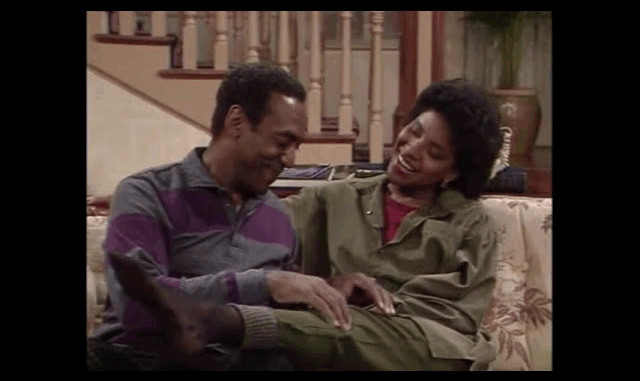
Introduction
In the golden age of television, few shows have left a cultural footprint as lasting and influential as The Cosby Show. Airing from 1984 to 1992, this groundbreaking sitcom not only dominated the ratings for eight seasons but also redefined how Black families were portrayed on American television. At its peak, The Cosby Show wasn’t just a show—it was a movement.
A Game-Changer in Prime Time
Created by comedian Bill Cosby, the series centered around the Huxtables, an upper-middle-class African-American family living in Brooklyn. Cliff Huxtable, a witty and lovable obstetrician, and his equally intelligent wife Clair, a successful lawyer, raised five children while navigating the challenges of family life with humor and grace.
What set The Cosby Show apart was its rejection of stereotypes. Instead of leaning into tropes, it portrayed an aspirational, educated, and deeply relatable Black family that resonated with viewers of all races. It was, at its core, a show about universal family values—parenting, discipline, love, and laughter.
Cultural Impact and Legacy
At its height, the show drew over 30 million viewers weekly and held the #1 Nielsen rating for five consecutive seasons—an achievement matched by few. More importantly, it inspired a wave of change in Hollywood. Suddenly, networks saw the power of diverse, positive representation.
It also helped pave the way for future hits like Family Matters, The Fresh Prince of Bel-Air, and Black-ish. Many actors and writers of color cite The Cosby Show as a major influence in their careers.
The show didn’t shy away from social topics either. From education and race to gender equality and cultural pride, it tackled big ideas with warmth and humor, often inviting reflection without preaching.
The Controversial Legacy of Bill Cosby
No article about The Cosby Show can ignore the shadow cast by Bill Cosby’s later legal troubles. In recent years, multiple allegations of sexual misconduct have led to a sharp reevaluation of his legacy. For many, this complicates their relationship with the show—once a source of inspiration and pride.
Still, many cultural critics argue that the achievements of The Cosby Show transcend its creator. The writers, cast, and the stories themselves remain powerful artifacts of television history.
Conclusion: A Timeless Sitcom Worth Remembering
Despite the controversy surrounding its star, The Cosby Show remains one of television’s most influential series. It changed the way America saw Black families on screen, opened doors for countless creators, and brought joy to millions. Decades later, its humor, heart, and humanity continue to resonate with new generations.
Whether you’re rediscovering it or watching for the first time, The Cosby Show is a reminder of the power of storytelling—and the enduring impact of a show that dared to imagine a better version of family life on screen.